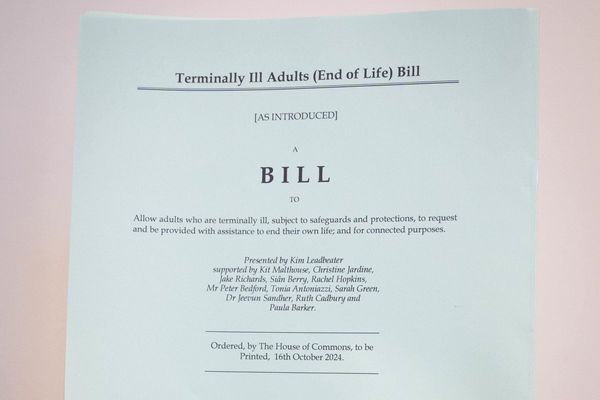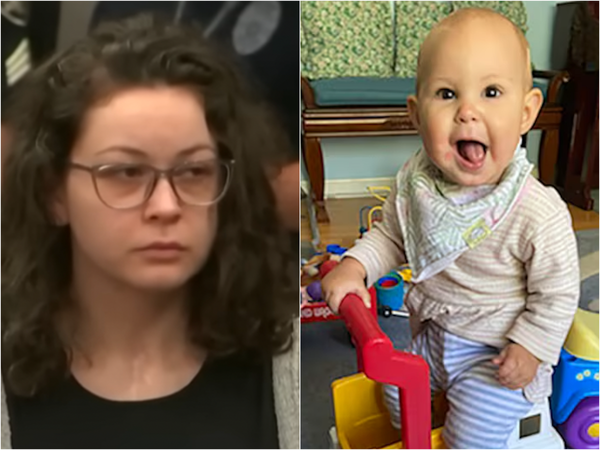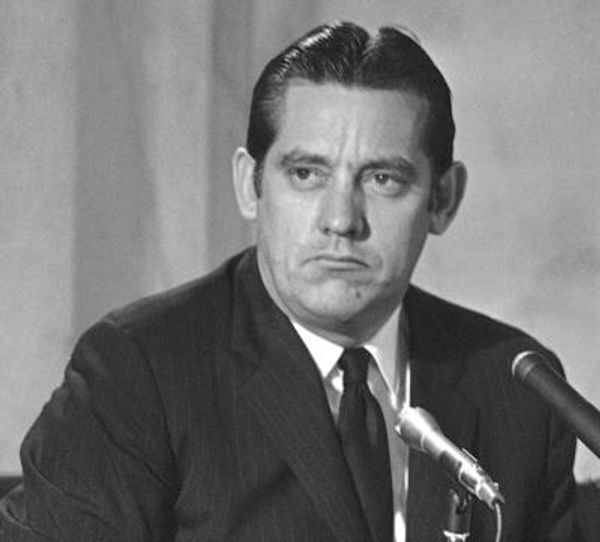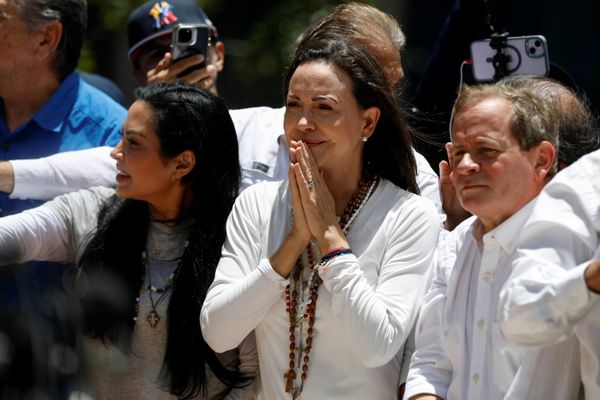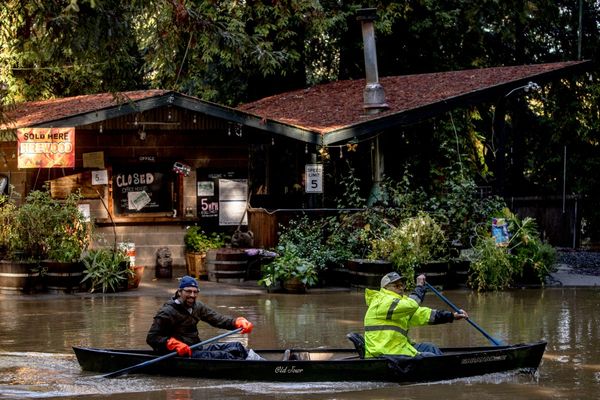
A Victorian community legal centre that specialises in police misconduct matters has stopped taking calls from the public because of funding shortfalls amid calls for the Andrews government to establish a new police watchdog.
The Police Accountability Project, which is based at Inner Melbourne Community Legal Centre, is only taking on new clients referred to it by other lawyers and the most egregious cases, as it can no longer operate a phone intake line that had previously serviced as many as 400 people a year.
Previous callers to the centre would generally be given a telephone appointment of an hour to discuss their cases, and about one in 10 callers were taken on as clients, but the line was recently closed amid uncertainty regarding the project’s funding.
The centre relies on federal, state and philanthropic funding.
“We don’t have the capacity for people to take those calls,” Gregor Husper, the project’s principal solicitor, said.
“If we had funding stability, we could reopen the line. But we don’t even take inquiries any more.”
An open letter urging the state government to establish an independent police ombudsman was sent to the premier, Daniel Andrews, on Friday.
The letter, signed by 29 organisations including community legal centres, private legal providers, academics from the University of NSW and Aboriginal service providers, says that a police ombudsman would be able to properly investigate all complaints about police misconduct and systemic failings.
The current model of police oversight is under review, but the state government appears highly unlikely to announce significant reforms to the sector before November’s state election.
The letter said police should no longer investigate police and that the Independent Broad-based Anti-corruption Commission (Ibac) should be stripped of its current police oversight role in favour of the ombudsman model.
Their letter said any oversight system must be truly independent, well-resourced, complainant-centred and culturally appropriate, fair, accountable and transparent, able to achieve timely and fair outcomes, and promote systemic change.
“The systemic failings of Victoria police have seriously diminished the Victorian community’s confidence in the organisation,” it said.
Nerita Waight, the chief executive of the Victorian Aboriginal Legal Service and the spokesperson for the coalition, said that Ibac had found that more than half the time Aboriginal people make police complaints the force ignored relevant evidence.
“Aboriginal people are more likely to suffer police misconduct, but less likely to make a complaint – our community knows that the system doesn’t take their complaints seriously.”
Kirsty Mac, a Melbourne woman whose own police complaint took five years to resolve, backed calls for a new approach.
In 2014, she was at a suburban train station when protective services officers (PSOs) asked to see her ticket. Despite travelling with a valid ticket, she says she was verbally and physically abused by the PSOs, who arrested her after she questioned why she needed to provide them with identification.
Police did not uphold her complaint and neither did Ibac, but the force settled a civil complaint she made in 2019, the details of which are confidential.
The lengthy period between when she made her complaint and when her civil case was settled caused her severe mental anguish, she said.
“It got worse as time went on. The more I had to deal with legal things, I got more and more unwell,” she said.
“I’m lucky that I’m a middle-class white lady. I had all the resources at my disposal to continue on for five years. But most people don’t.”
